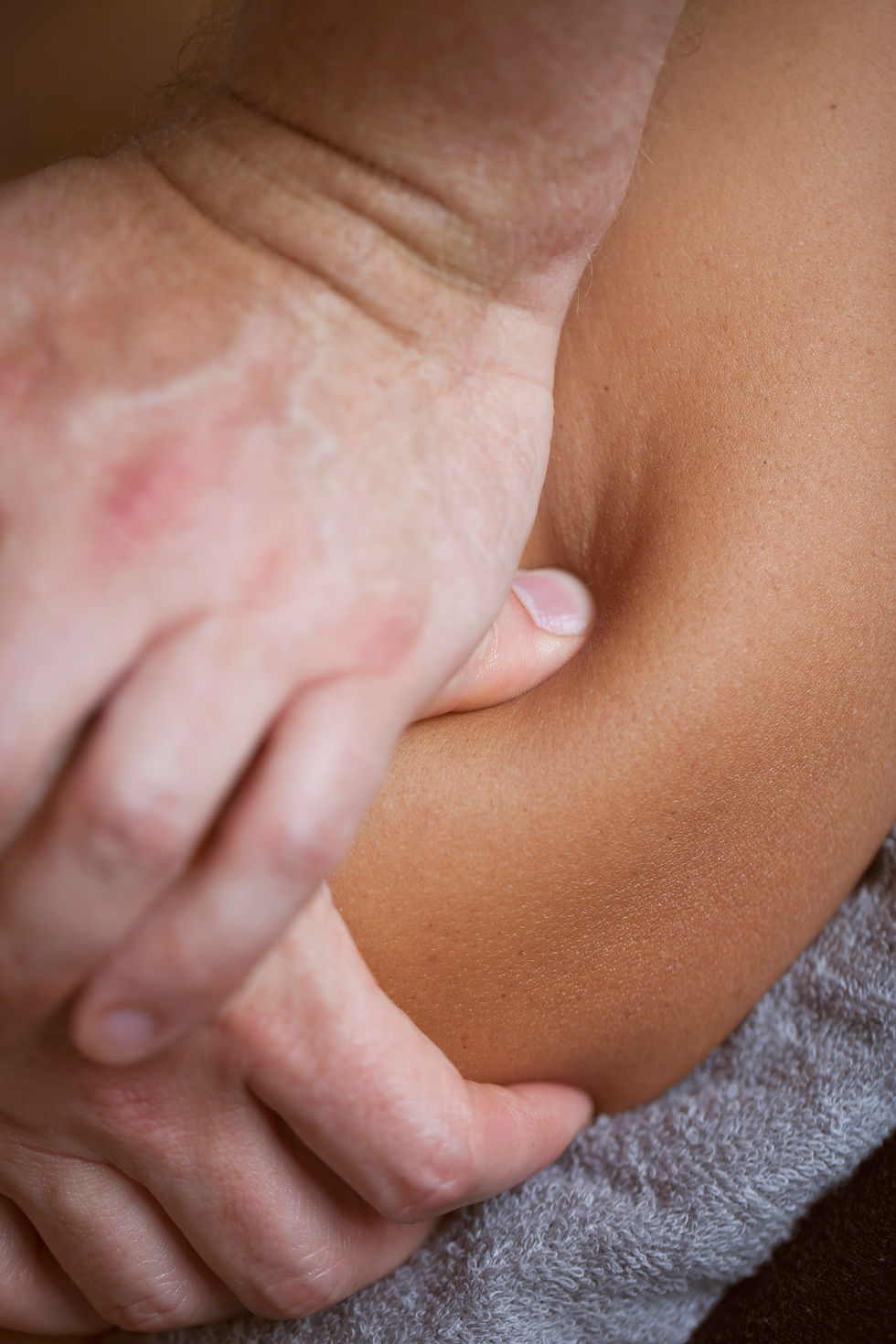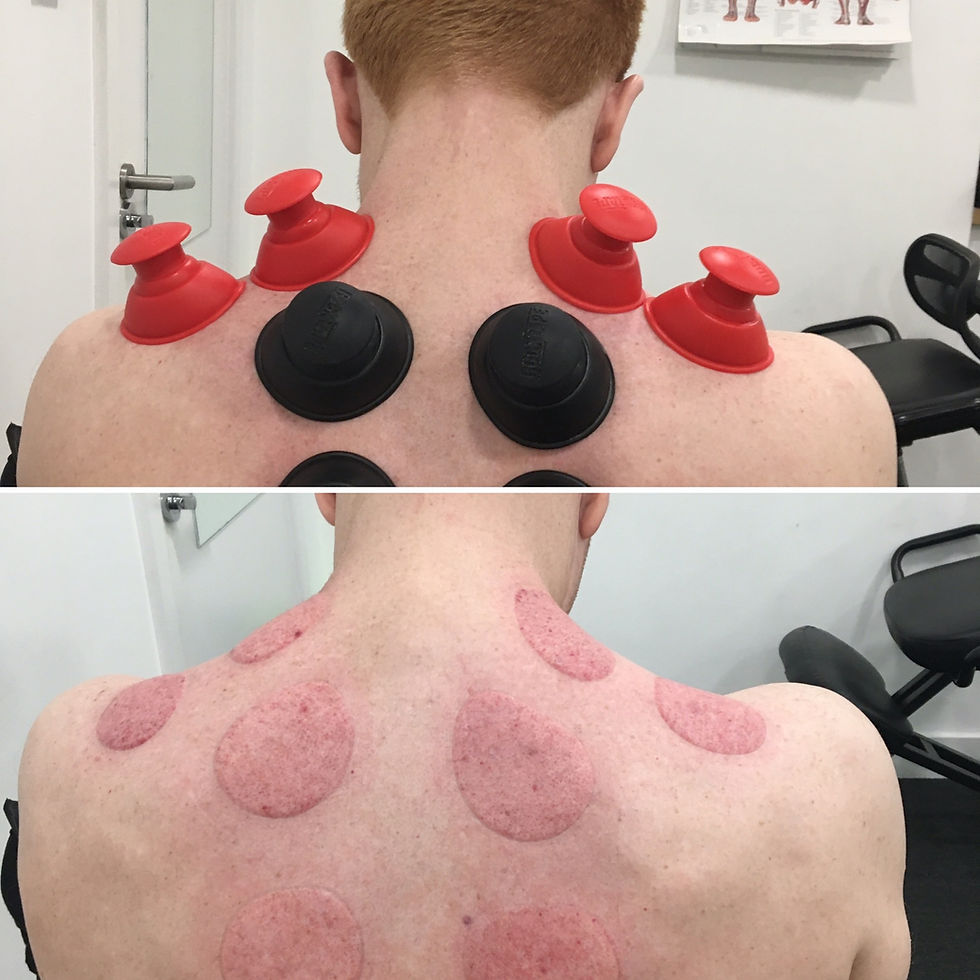Types of Sports Massage: Which One Is Right for You
- James Hurst

- Aug 26, 2025
- 3 min read
Updated: Sep 27, 2025
Sports massage is not only for athletes. You do not need to run marathons or lift weights to deserve it. If you sit at a desk, go for weekend walks, or live with everyday aches, sports massage can help. It is about pain relief, recovery, and feeling more at ease in your own body.
There are four main types of sports massage. Each one has its own focus and benefits.
Quick guide to the types of sports massage
Type | Goal | When to use | Best for |
|---|---|---|---|
Pre-event | Warm muscles, increase blood flow | Before activity or exercise | Anyone preparing for sport, walking, or an active day |
Post-event | Ease soreness, reduce stiffness | 24–48 hours after activity | Runners, gym users, cyclists, or anyone after heavy exertion |
Maintenance | Maintain flexibility, prevent tension | Every 4–6 weeks | Desk workers, active people, anyone wanting long term care |
Rehabilitative | Support recovery from pain or injury | As part of a recovery plan | Clients with chronic pain, restricted movement, or injury |
Pre-event massage

This one is short and sharp. A pre-event massage wakes up the muscles, gets blood moving, and lowers the chance of injury. It is not deep or heavy. Think of it as priming your body to do what you want it to do.
It works before a big race, yes, but also before a long hike or even a busy day in the garden. Sessions last around 10 to 20 minutes. Enough to get you ready, not enough to leave you sore.
Most people wait until it hurts. Massage can help before it gets to that point.
Post-event massage
This is the reset button after effort. Post-event massage helps your body recover by easing soreness and reducing stiffness. It uses slower, lighter strokes that let your system settle and repair.
The sweet spot is 24 to 48 hours after activity. Runners, cyclists, gym regulars — but also anyone who has pushed their body harder than usual — can benefit. It is one of the simplest sports massage techniques for faster recovery.
Maintenance massage

Maintenance massage is about keeping things in check. It stops tension building up, keeps joints moving easier, and catches small problems before they grow.
Desk workers often notice fewer headaches. Active clients often feel less stiff and more mobile. Sessions every four to six weeks work well for most people. This type of sports massage benefit is steady and long term.
Think of it as giving your body the same regular care you give your car or your teeth.
Rehabilitative massage
This type goes deeper. Rehabilitative massage focuses on old injuries, restricted movement, or long term pain. It can involve trigger point work and movement techniques that free up stuck areas.
It often sits within a plan over several sessions. If you are living with pain that keeps coming back, this is the kind of sports massage that can help shift it.
You don’t need to be broken to benefit from massage. You just need to be in a body that’s doing its best.
Which type is right for you
You do not need to pick before you come in. I will ask a few questions, see how your body feels, and we will decide together.
Each of these sports massage techniques has its place. Sometimes you need recovery, sometimes prevention, sometimes deeper repair. Either way, there is an approach that will work for you.That’s something we figure out together.

Book your session
I work from Sissinghurst, Kent, and welcome clients from Cranbrook, Goudhurst, Tenterden, and the surrounding villages.
Book your session today and find the type of sports massage that helps your body move easier and feel better.




